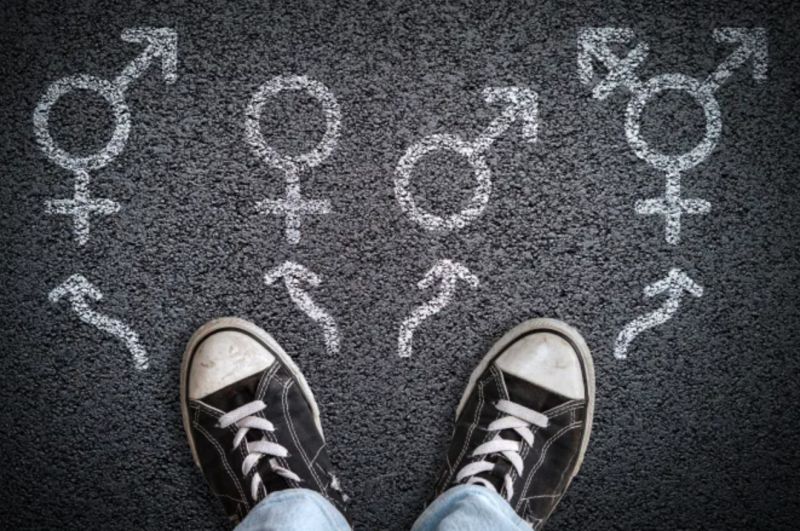
ACI Prensa Staff, Jul 24, 2023 / 16:50 pm (CNA).
Tens of thousands of Hondurans marched in several cities July 22 calling on President Xiomara Castro not to not sign the Comprehensive Education Law for the Prevention of Teen Pregnancy because it includes gender ideology.
The parents’ movement “For our children” organized the march and on Facebook invited citizens to take to the streets to demonstrate “against gender ideology.”
“The Comprehensive Education and Prevention of Teen Pregnancy Law should be vetoed; we want an education focused on the family,” the organization urged, calling for “an education without ideology, without indoctrination. An education that forms citizens to build a better country.”
The law was passed in March by the Honduran Congress and is awaiting Castro’s signature or veto. The measure was passed 59-32 with 16 legislators not voting and six abstaining.
According to a March 8 press release by the Honduran Congress, one of the goals of the bill is to “encourage responsible conduct in the exercise of sexuality and encourage the postponement of the start of sexual relations, until the person reaches physical, emotional, and mental maturity.”
In addition, the legislation seeks to “prevent unwanted pregnancies and disseminate knowledge of the use of modern contraceptive methods in sexually active teens and teenage mothers.”
The Honduran Congress tweeted the same day that “this law is mandatory at the national level in all establishments of pre-primary, primary, secondary, and higher education.”
Members of evangelical denominations and the Catholic Church participated in the march July 22, including the archbishop of Tegucigalpa, José Vicente Nácher, and the archbishop of San Pedro Sula, Miguel Lenihan.
In an interview with HCH Television as he was marching, the archbishop of Tegucigalpa said that “this march is in support of the family, to protect our children, sons and daughters, and life. The family is where the person is born, grows, and develops” and it is the “first [institution] responsible for the care and education of children.”
Lenihan told the press that “we are here to raise our voices against gender ideology. We are calling on the president to not sign the Comprehensive Education Law for the Prevention of Adolescent Pregnancy.”
According to 2020 data from Statista, Catholics constitute 38.1% of the population while various evangelical denominations make up a total of 42.1%. The next largest group is those with no religious affiliation at 16% followed by assorted minority Christian and non-Christian groups.
This story was first published by ACI Prensa, CNA’s Spanish-language news partner. It has been translated and adapted by CNA.
If you value the news and views Catholic World Report provides, please consider donating to support our efforts. Your contribution will help us continue to make CWR available to all readers worldwide for free, without a subscription. Thank you for your generosity!
Click here for more information on donating to CWR. Click here to sign up for our newsletter.





I knew that Evangelicals were increasing in Central America, but I didn’t realize they were a majority now in Honduras.